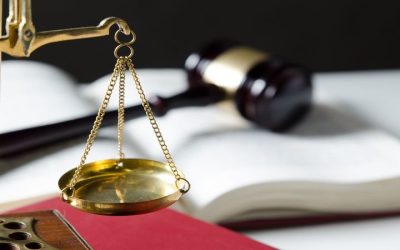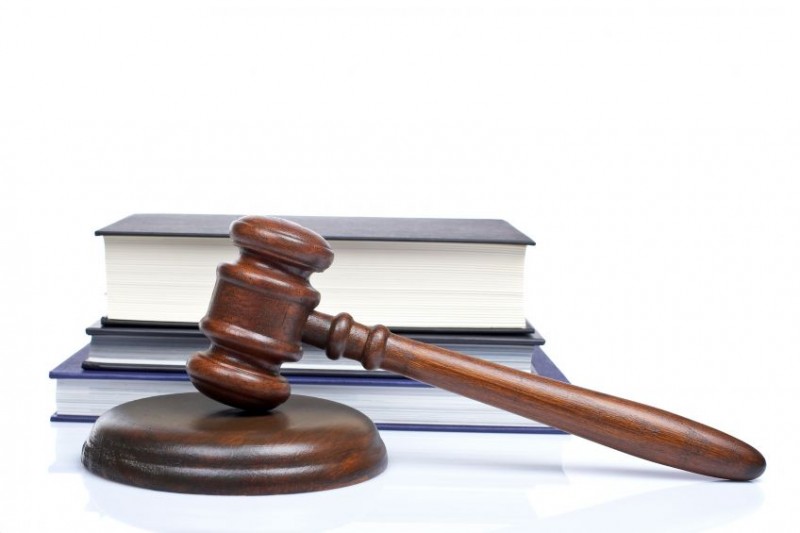Starting to date again while going through a divorce can be tempting, especially if the marriage has been over emotionally for a while. But in Florida, dating during divorce can have unexpected consequences, both legally and emotionally. Before you put yourself back out there, it’s important to understand the risks.
Florida Is a No-Fault Divorce State—But That Doesn’t Mean It’s Drama-Free
Florida doesn’t require one spouse to prove wrongdoing to get a divorce. This means that dating someone new before the divorce is final typically won’t affect the outcome of the divorce. However, that doesn’t mean it won’t show up in other parts of your case.
Judges are human. If a new relationship becomes a source of conflict, especially if it involves children or spending marital funds, it can impact decisions about custody or property division.
Child Custody May Be Affected
If you have children, the court will consider their best interests when approving a parenting plan. If your new relationship creates tension or confusion for the kids, your ex could use that as a means to challenge your parenting decisions. Courts may look closely at:
- Who the new partner is
- How quickly they’ve been introduced to the children
- Whether their presence causes stress or disruption
Dating won’t automatically damage your custody case, but how and when you handle it matters.
Avoid Using Marital Funds for Your New Relationship
If you’re still legally married, any money you spend on someone else’s gifts, vacations, or meals could be seen as misuse of marital assets. Your spouse might claim you “wasted” shared money, which could affect how property is divided. Maintaining accurate financial records and avoiding shared accounts during this time is a prudent move.
Privacy Still Matters
Even if the relationship feels private, social media can make things public fast. Posting photos with a new partner during divorce can trigger emotional reactions and legal complications. What you share online can be used as evidence in court, especially if it contradicts claims you’ve made about parenting, finances, or lifestyle.
Final Thought
While dating during a divorce isn’t illegal in Florida, it can complicate your case if not handled carefully. Moving slowly and keeping your priorities in order can help you avoid mistakes that may harm you in the long run.
How Divorce Affects Your Estate Plan in Florida
Divorce doesn’t just split up assets and change your daily life—it also has a direct impact on your estate plan. In Florida, many people overlook this step during or after divorce, which can lead to confusion or unintended consequences if something happens to you. Here’s what you need to know about how divorce affects your will, trusts, powers of attorney, and other key documents.
Florida Automatically Revokes Some Provisions After Divorce
Under Florida law, divorce automatically revokes specific provisions in your estate plan that benefit your ex-spouse. This typically includes:
- Any designation of your former spouse as a beneficiary in your will
- Any appointment of your ex as your personal representative
- Any powers of attorney granted to your former spouse
- Any rights of survivorship in jointly held property
That means that if you name your spouse as the person to inherit everything or manage your estate, those sections will no longer be valid once the divorce is finalized.
But there’s a catch—this only happens after the divorce is officially granted. If something happens to you during the divorce process, your current estate plan may still be in full effect. That’s why it’s critical to review your documents as soon as divorce becomes a possibility.
Update Your Beneficiaries
Not all assets are included in your will. Life insurance policies, retirement accounts, and payable-on-death bank accounts pass directly to the person listed as the beneficiary. Divorce doesn’t automatically change those designations in Florida. If your ex is still listed, they may still receive those funds unless you update their information manually.
This step is often missed, and it can result in your ex receiving benefits you no longer want them to have.
Revisit Your Guardianship Choices
If you have minor children, your estate plan may include a named guardian in case something happens to you. While your ex will usually be the default guardian, it’s still important to have a backup plan. Updating this part of your estate plan ensures your children are cared for the way you intend.
Don’t Forget About Trusts
If you and your ex created a joint trust, you’ll need to decide whether to dissolve it or create a new one. For individual trusts, review who the trustee and beneficiaries are and make any changes to reflect your post-divorce wishes.







